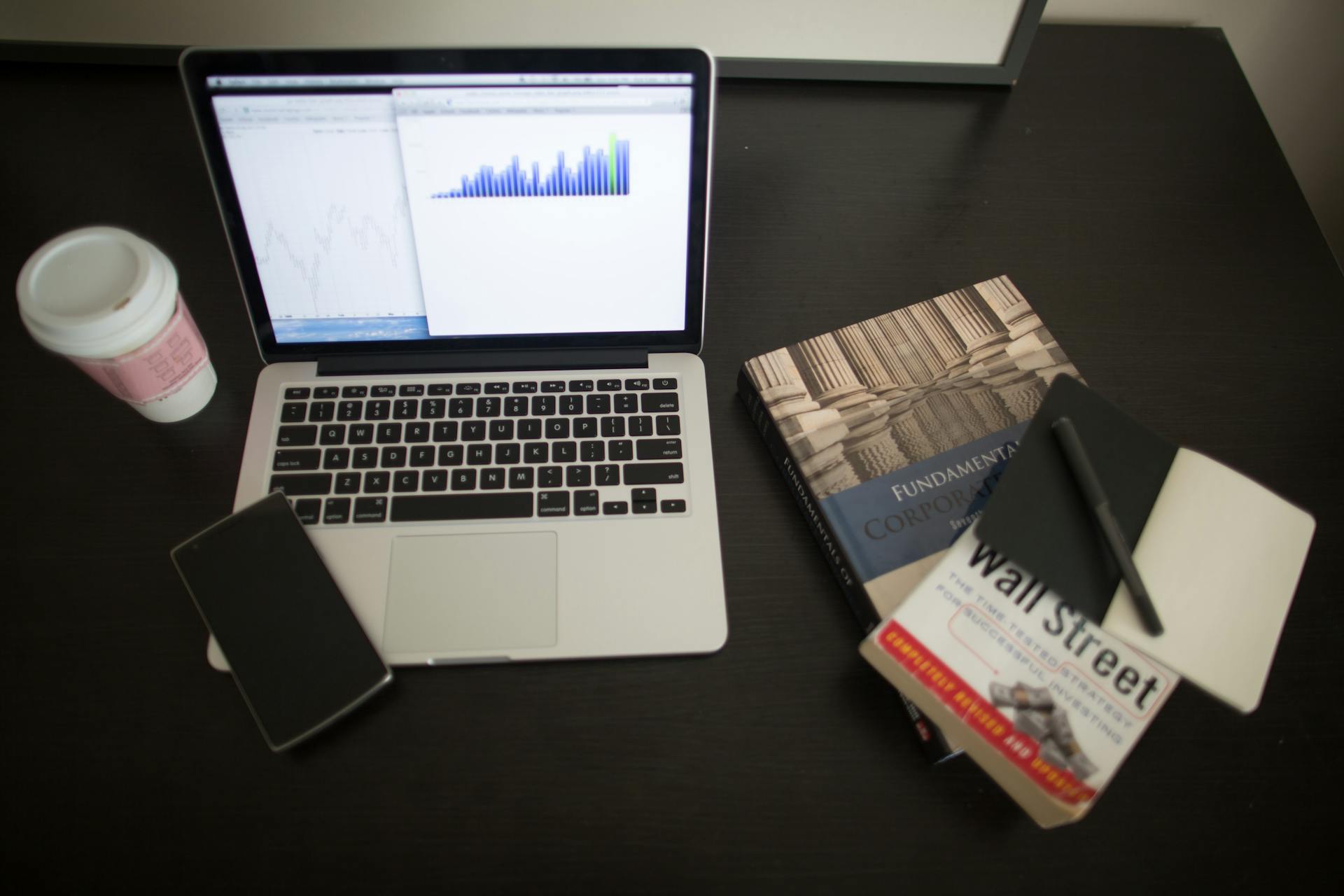Are you looking to get into the world of currency trading? If so, you’re in luck – anywhere in the world is a great place to start. We’ll give you a rundown of everything you need to know before getting started. We’ll cover topics such as what currencies you can trade, how to open an account, and what risks are associated with trading currencies.
What are the different types of currencies that can be traded?
The three most common types of currencies traded are the US dollar, the Japanese yen, and the Chinese yuan. However, many other currencies can be traded, such as the Australian dollar, the New Zealand dollar, and the Swiss franc. Generally, the more commonly traded currencies will be more volatile – meaning they will fluctuate in value more frequently – than less commonly traded ones.
How to open a currency trading account
Before starting trading currencies, you will need to open a currency trading account with a broker. Many different brokers offer currency trading accounts, so it’s essential to do your research to find one that is reputable and suits your needs.
Once you have chosen a broker, you will need to fill out an application form and provide personal information, such as your name, address, and date of birth. You will also need to provide financial information, such as your income and investment goals. After your application has been approved, you will be able to deposit money into your account and start trading.
What are the risks of currency trading?
One of the most obvious risks that comes with all forms of trading is that the value of the asset you are trading can go up or down. In the case of forex, you could lose money if you invest in a currency that falls in value.
Currency trading also involves leverage, which means that you can trade with more money than you have deposited into your account. Leverage can help you make more significant profits, but it also means that you can lose more money if the market moves against you.
What are the benefits of currency trading?
Despite some potential risks, there are also many potential benefits to currency trading. Firstly, of course, is that you could make a profit if your strategy comes through. For example, if you think that the US dollar will increase in value against the Japanese yen, you could make a profit by buying dollars and selling the yen, simple as that.
Another benefit of currency trading is that it can be done from anywhere – all you need is a stable Internet connection. You can trade currencies even if you don’t live in a fixed location, making it a great way to make money if you’re travelling or living abroad.
How to make money through currency trading
If you want to make money through currency trading, you will need to buy low and sell high, which is a fundamental principle that can also be applied to other forms of trading, such as stocks and commodities. In other words, you will need to buy a currency when it is cheap and sell it when it is expensive to make a profit.
It’s important to remember that the market can be volatile, currencies can fluctuate rapidly in value, and you could lose money if you’re not careful. So before you start trading, it’s essential to understand the risks involved and only invest an amount of money that you are comfortable with losing.
When you’re ready to start trading, there are a few things that you need to know. First, you need to choose a broker that offers leverage – this will allow you to trade with more money than you have deposited into your account. Second, you need to understand the risks involved in currency trading. And third, you need to have a plan for how you’re going to make money.
The benefits of using a professional currency trader
Using a professional currency trader, you can get started with as little as $500. The trader will be using leverage to trade on your behalf, which has the potential to increase your profits.
Another benefit of using a professional currency trader is that they will have access to information and resources that you may not have – such as economic data and analysis, news about upcoming events that could affect the market, and insider knowledge about which currencies are likely to rise or fall in value.
Lastly, a professional currency trader will be able to manage your risk by placing stop-loss orders – meaning that your losses will be limited even if the market moves against you.


